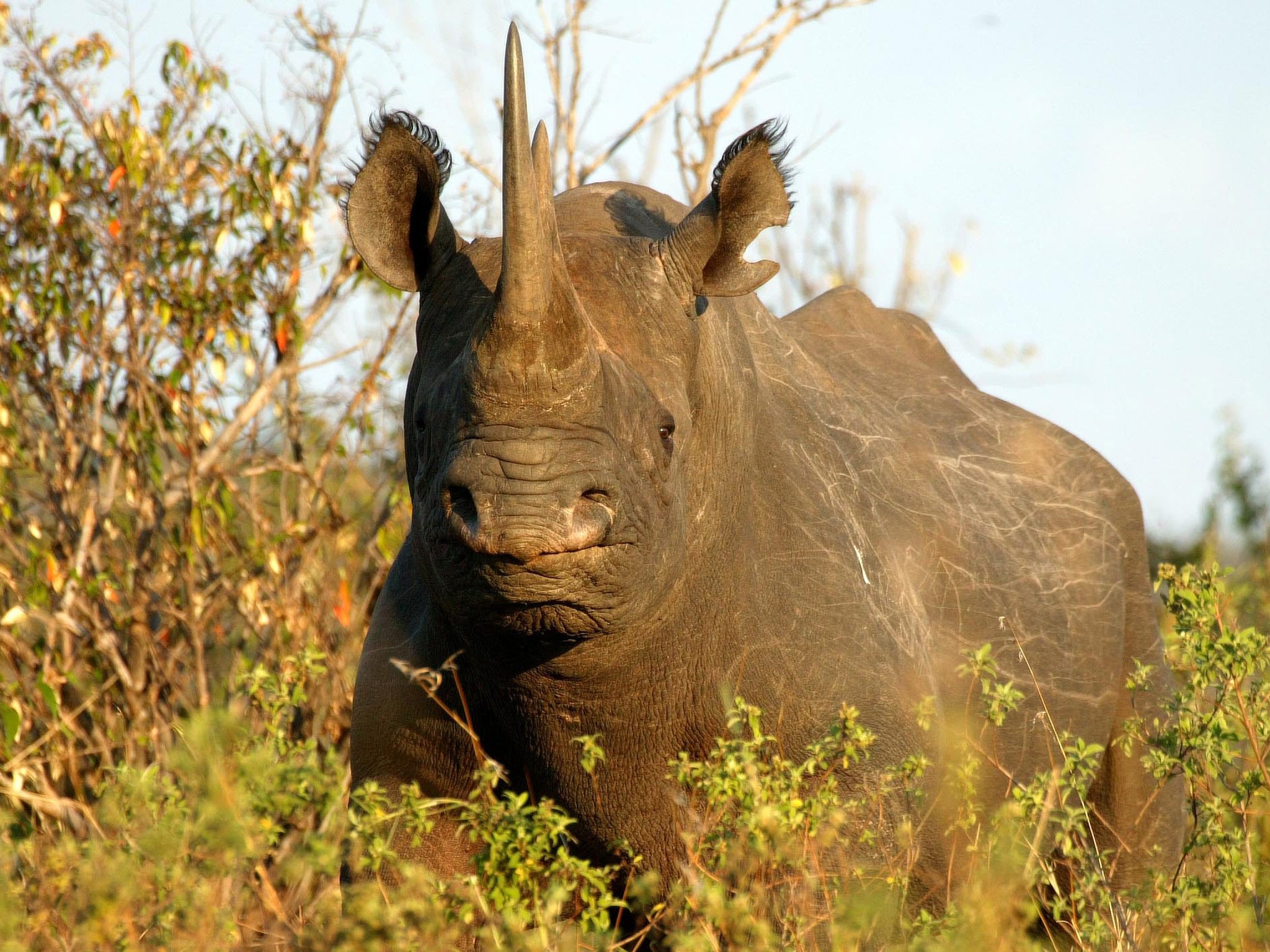World’s ‘oldest rhino’ dies at 57
'Records show that Fausta lived longest than any rhino in the world,' says Ngorongoro Conservation Area Authority

Your support helps us to tell the story
From reproductive rights to climate change to Big Tech, The Independent is on the ground when the story is developing. Whether it's investigating the financials of Elon Musk's pro-Trump PAC or producing our latest documentary, 'The A Word', which shines a light on the American women fighting for reproductive rights, we know how important it is to parse out the facts from the messaging.
At such a critical moment in US history, we need reporters on the ground. Your donation allows us to keep sending journalists to speak to both sides of the story.
The Independent is trusted by Americans across the entire political spectrum. And unlike many other quality news outlets, we choose not to lock Americans out of our reporting and analysis with paywalls. We believe quality journalism should be available to everyone, paid for by those who can afford it.
Your support makes all the difference.A rhino called Fausta who was deemed to be the oldest in the world has died in Tanzania.
The female rhino, who was 57-years-old, had been living in a world heritage site situated in the Crater Highlands area of the East African country called Ngorongoro Conservation Area.
Ngorongoro Conservation Area Authority said the eastern black rhino appeared to have died from natural causes on 27 December.
Dr Freddy Manongi, the organisation's conservation commissioner, said: “Records show that Fausta lived longest than any rhino in the world and survived in the Ngorongoro, free-ranging, for more than 54 years before it was kept in a sanctuary for the last three years of its life in 2016.
"Fausta was first located in the Ngorongoro crater in 1965 by a scientist from the University of Dar Es Salaam, at the age between three and four years.
"Her health begun to deteriorate in 2016, when we were forced to put the animal in captivity, after several attacks from hyena and severe wounds thereafter. Fausta also lost sight or vision, which further compromise its survival ability in the wild.”
He said Fausta had not had any calves in her lifetime.
Another rhino is believed to have been born on the same day that Fausta died.
Black rhinos are one of the most critically endangered species worldwide and only 5,000 remain in the wild.
They are native to eastern and southern Africa but the animals are threatened by changes to habitat, illegal poaching and human conflicts.
Five eastern black rhinos were transported to Rwanda from the Czech Republic in the biggest ever transit of its type back in June.
The animals were born and raised in Europe were taken to live in the Akagera National Park.
Join our commenting forum
Join thought-provoking conversations, follow other Independent readers and see their replies
Comments